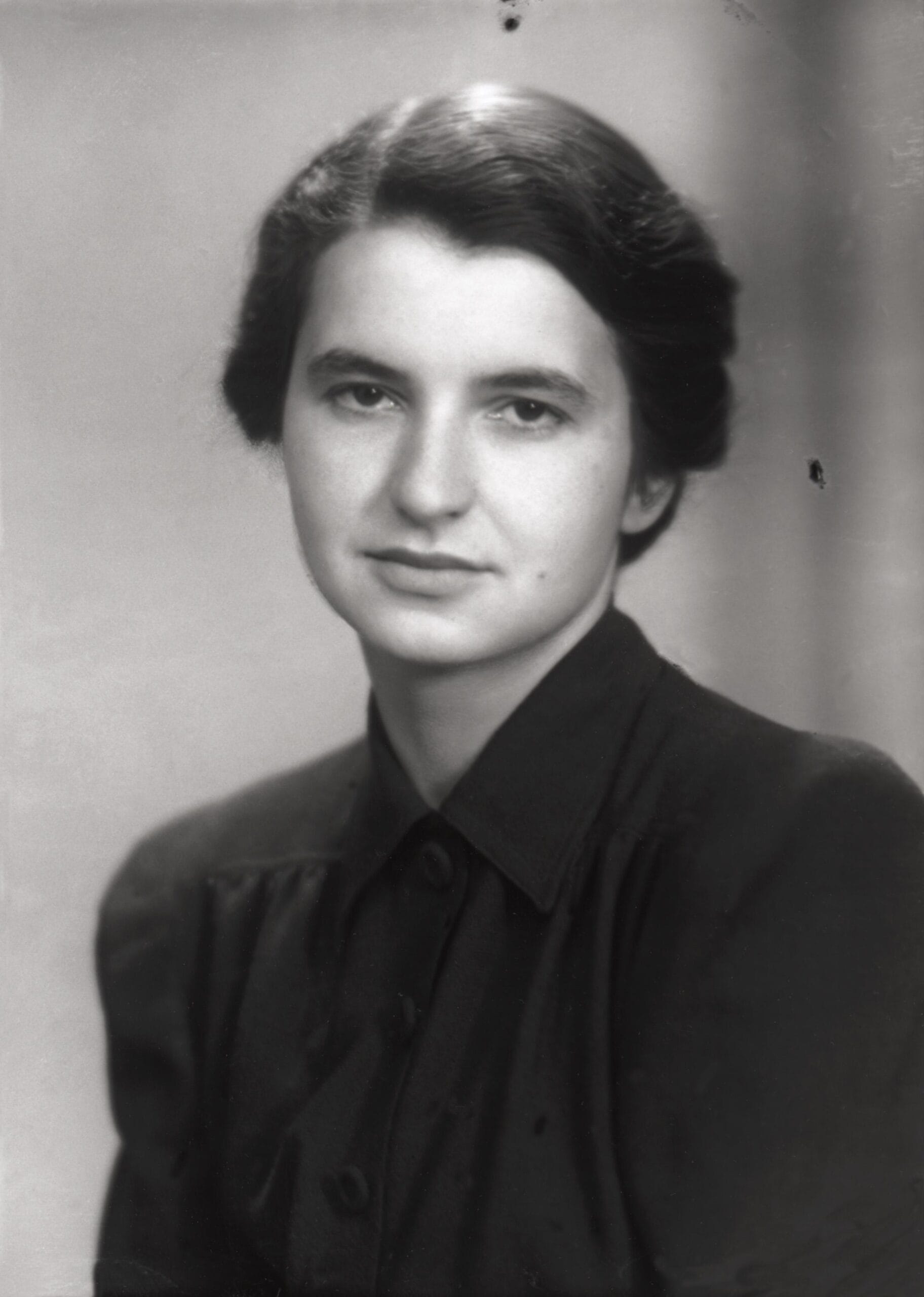The 10 Most Influential Medical Scientists in History
The history of medicine is replete with extraordinary individuals whose discoveries and innovations have fundamentally changed the landscape of healthcare. Their contributions have saved countless lives and continue to influence medical practices today. Here are ten of the most influential medical scientists in history, each of whom has left an indelible mark on the field. … Read more



















